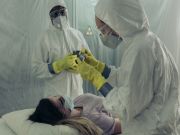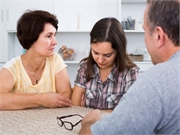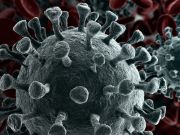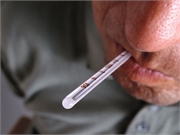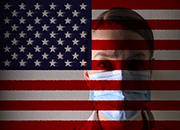
(HealthDay News) — The U.S. State Department warned Americans to avoid international travel and residents of the country’s most populous state, California, were ordered to stay at home indefinitely, as national coronavirus cases climbed past 13,000. California’s order — the most drastic measure taken yet in this country to slow down the spread of coronavirus… read on >










